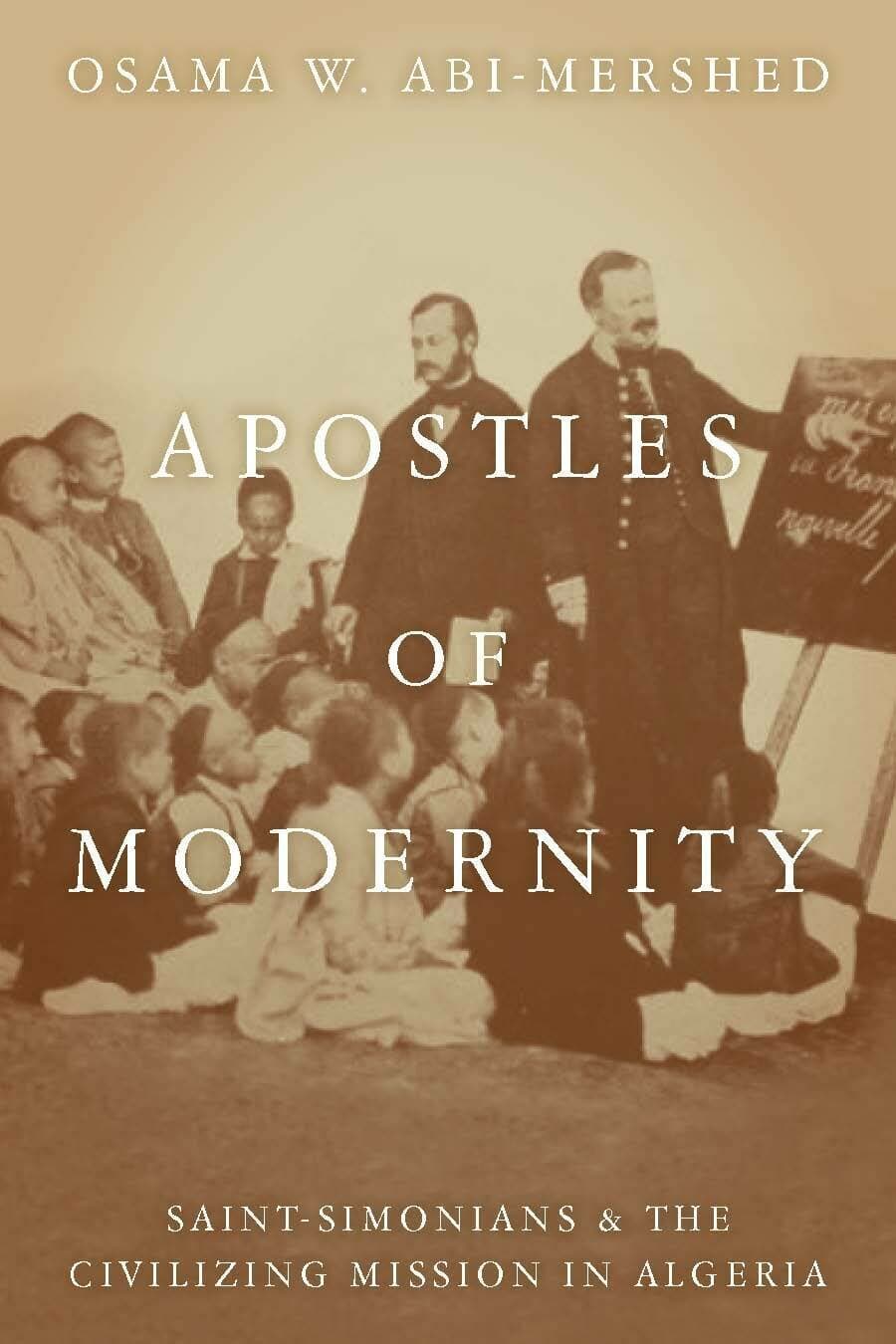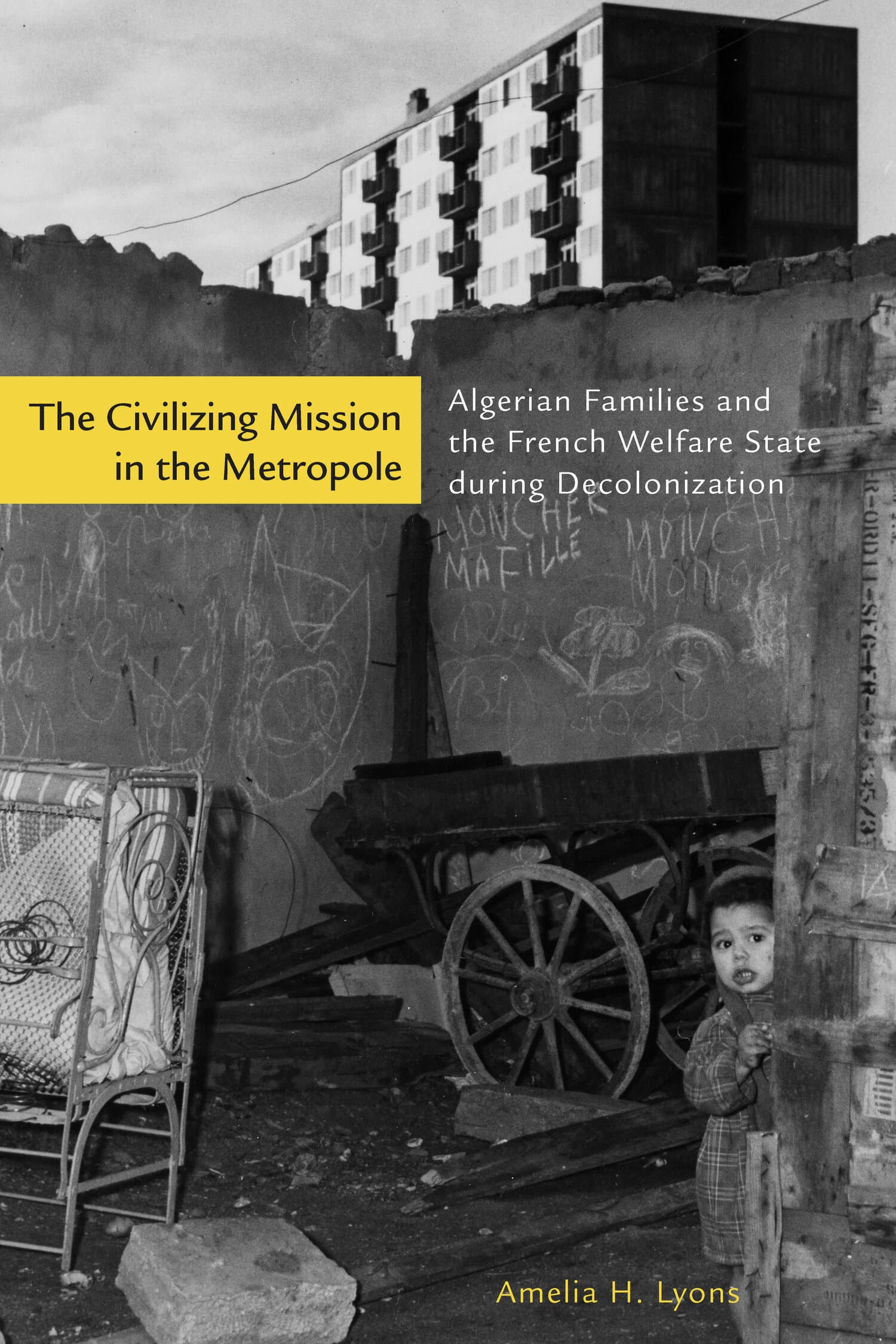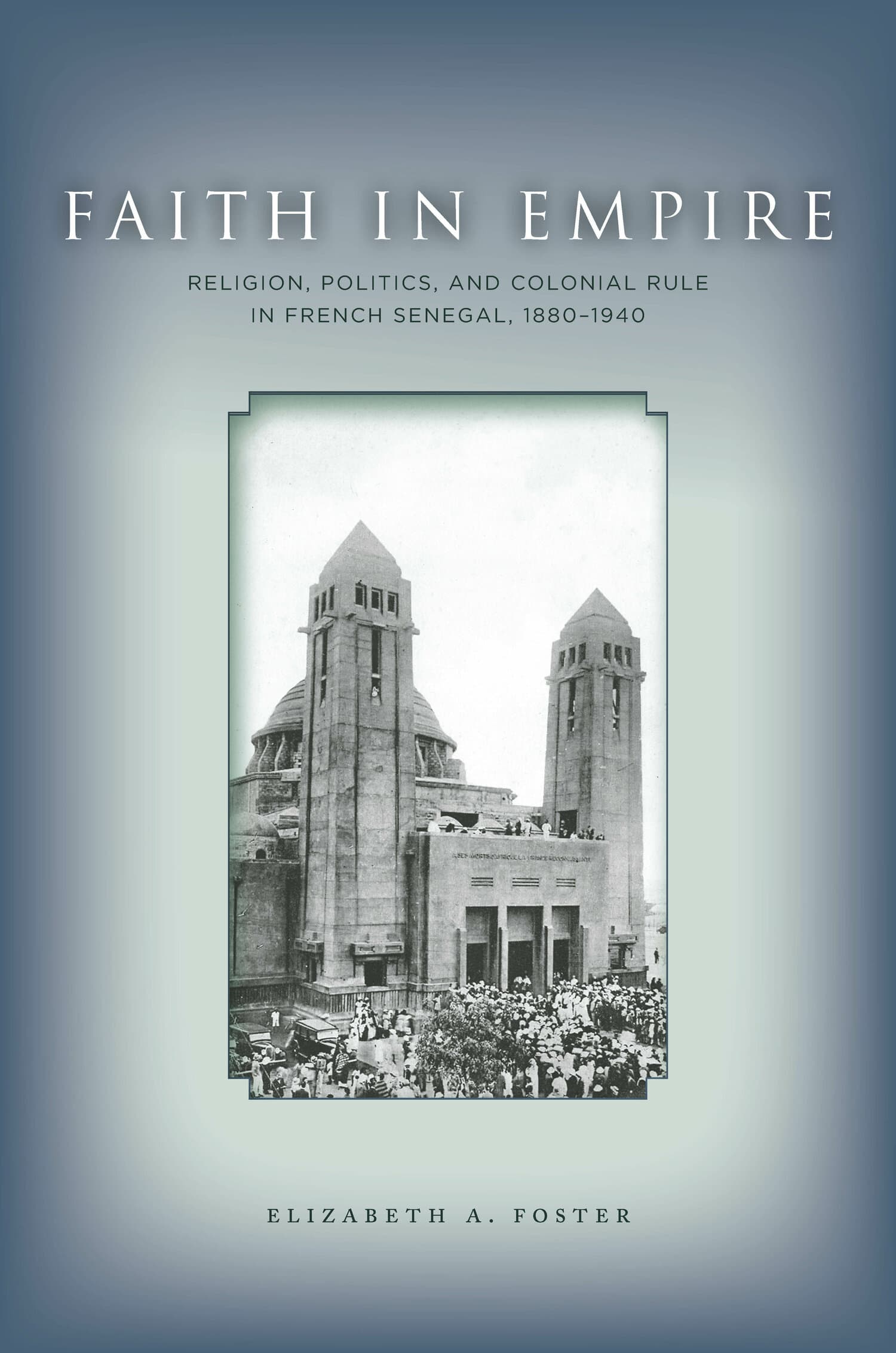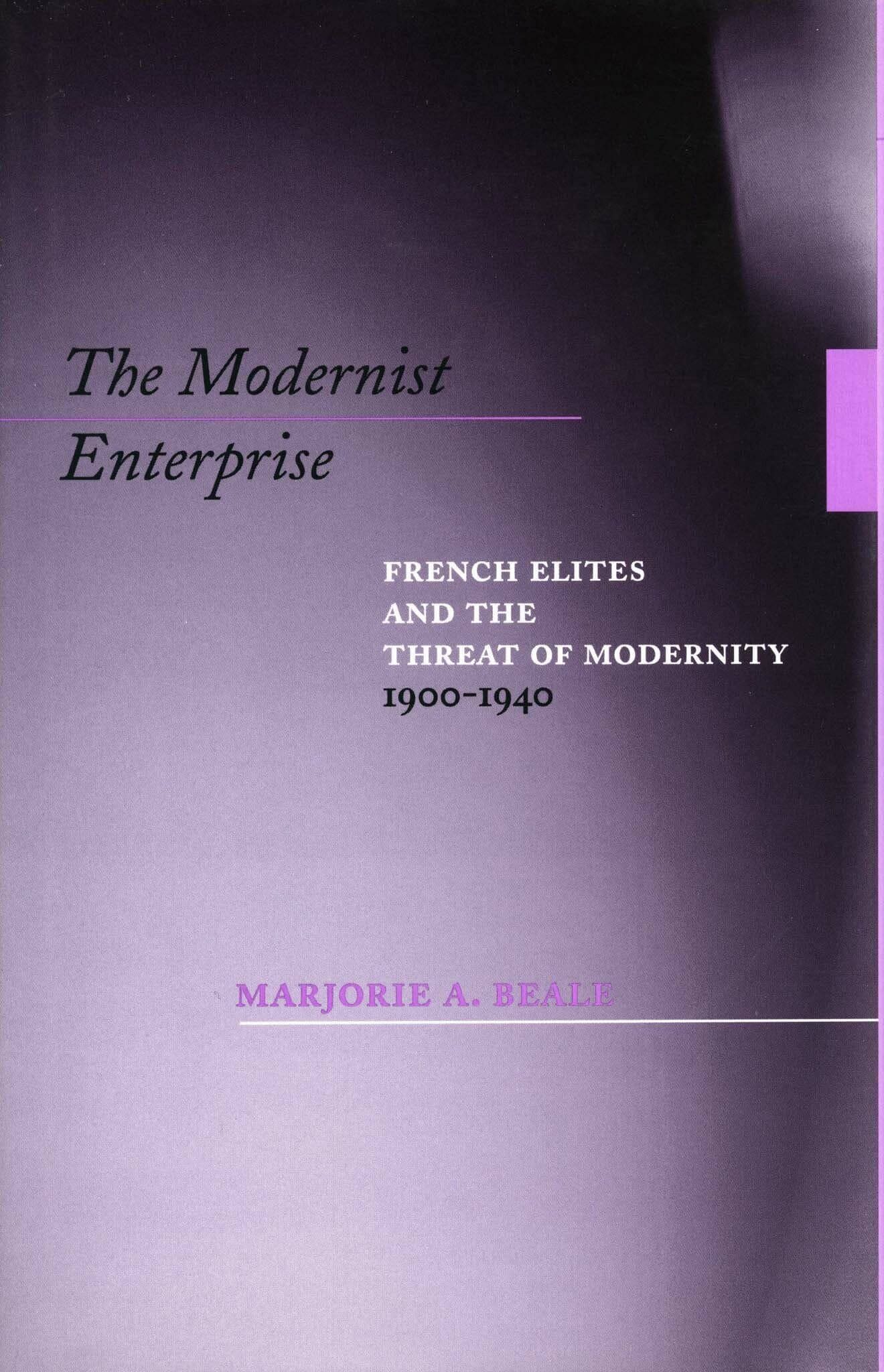Apostles of Modernity

Between 1830 and 1870, French army officers serving in the colonial Offices of Arab Affairs profoundly altered the course of political decision-making in Algeria. Guided by the modernizing ideologies of the Saint-Simonian school in their development and implementation of colonial policy, the officers articulated a new doctrine and framework for governing the Muslim and European populations of Algeria. Apostles of Modernity shows the evolution of this civilizing mission in Algeria, and illustrates how these 40 years were decisive in shaping the principal ideological tenets in French colonization of the region.
This book offers a rethinking of 19th-century French colonial history. It reveals not only what the rise of Europe implied for the cultural identities of non-elite Middle Easterners and North Africans, but also what dynamics were involved in the imposition or local adoptions of European cultural norms and how the colonial encounter impacted the cultural identities of the colonizers themselves.
"This work is a first-rate social history of the French colonial project in Algeria and the role of education in that project. . . Overall this is a well-researched, well-documented and critical social history. . . [it] will surely be a valued addition to the student of education history, colonial history and subaltern history of North Africa. An additional merit of the book is how it delves into issues of race, culture and citizenship in ways that continue to have resonance today."—Linda Herrera, International Review of Education
"This is a detailed scholarly account of the early decades of French colonisation of Algeria, from 1830 to 1871, firmly grounded in the colonial archives of Aix-en-Provence . . . This volume develops the research, particularly of Turin (1971) of the ultimately ailed attempts of some of the Arab Bureaux officers to defend Arab education and culture."—Pamela Pilbeam, French History
"Historical thinking on French Algeria has long been distracted by a theoretical debate over Metropole policies toward the native populations and their place in the colonial order, a debate framed by two binary approaches to ruling subject peoples—assimilation or association. This provocative study breaks out of a long intellectual impasse by re-examining a critical nineteenth-century institution, the Bureaux Arabes, that mediated between Paris and Algiers and diverse Algerian communities on the ground."—Julia Clancy-Smith, University of Arizona
"This important and timely book constitutes a major rethinking of nineteenth-century Algerian history, and also has important arguments to make about nineteenth century France, comparative colonial history in general, and the politics of colonial education in particular. Combining a detailed institutional and political history with an intellectual and cultural history informed by critical-theoretical perspectives, Abi-Mershed provides a systematic, critical analysis of French colonial thought and practice in the crucial period from 1830 to 1870." —James McDougall, Oxford University
"Osama Abi-Mershed's book makes a very important contribution to the history of French colonization in Algeria, examining the civilizing mission of France and the various practices and policies they pursued. At the same time, the book asks broader questions about the ideas, theories, writings, and realities, particularly within the domain of education, of the first decisive decades of European colonization in the region. This has been a subject too-little studied, so this book makes a positive, successful, and much welcomed intervention in the field."—Henry Laurens, Collège de France




